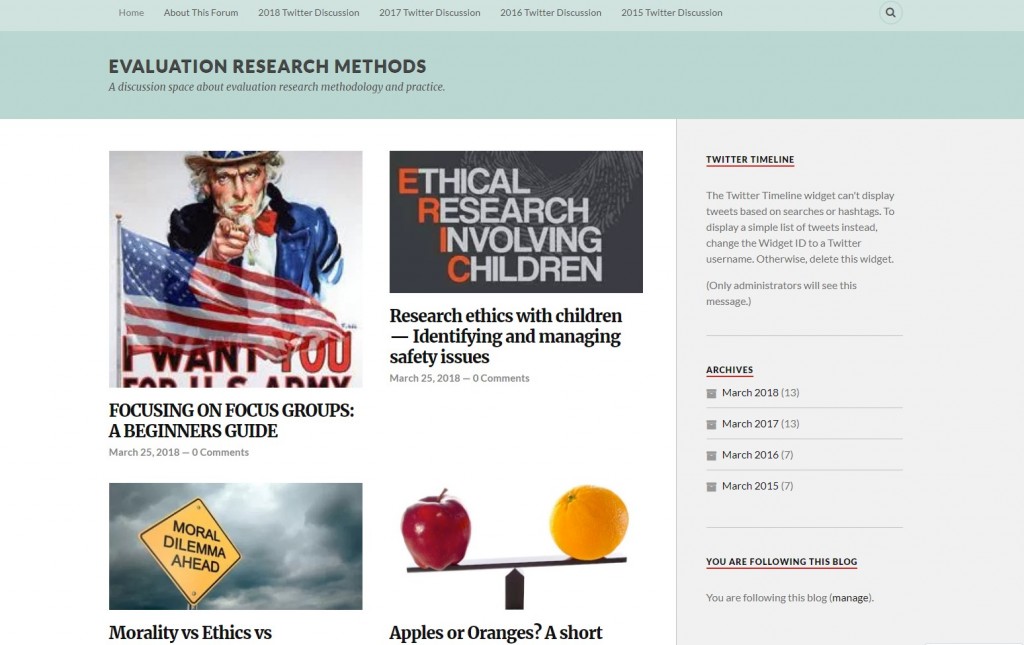
In this post, Matjaz Vidmar, a doctoral student in Science, Technology and Innovation Studies, presents another approach to co-creation with undergraduate students: the co-production of interdisciplinary research design and outputs…
Currently, it seems that transferable skills and graduate attributes are being pushed to the fore of the “modern graduate degree” programmes. These “soft outcomes” are most often categorised as:
The skills, knowledge and abilities of university graduates, beyond disciplinary content knowledge, which are applicable to a range of contexts.
However, what I have noticed through practice is that this undoubtedly critical element of higher education are often still attempted to be “taught”. In particular, I have extensive personal experience (as both a student and mentor) with several such projects, where students are encouraged to recognise, develop and reflect upon their transferable skills, by applying them in various “semi-academic” contexts. However, the didactic value of such exercises is, in my view, severely limited by the learning outcomes-driven structure, which is treating the participating students as “learners” that need to be “taught” how to transfer their skills to other contexts, instead of perhaps shaping the engagement as mutual learning through discussion and more open-ended exercises.
Hence, in my teaching and tutoring, I aim for something different. I want to engage students in the key activity of academia, which is producing and disseminating knowledge. By treating them as equal partners in project-work to further our common goal, I want to break the barrier between “knowledge proprietors” and “education customers”, and create an output-driven “work environment”, where we all contribute our best understanding, skills and insight to deliver real-life outputs and generate significant impact, beyond learning outcomes. This is supported by international studies of the need for higher education environment to do more applied “living curriculum” (Bath, et al., 2007).
It is my firm belief, that such comprehensive rethinking on what “knowledge co-creation” means in practice, can further enhance the subject specific knowledge and experience for students, build their critical research, analysis and knowledge dissemination skills and excite (many more of) them to continue in higher education and research career trajectories. This stems from my passionate belief that students can make a real and valuable contribution to the academic research and that engaging in this kind of work is empowering them to recognise their transferable skills and exciting them to continue in study, research and other academic pursuits.
As an example, in the past two years I have been designing and supervising some of the individual Summer Projects at the Institute for Astronomy, where undergraduate students work on 10 to 13 week pre-defined research projects. The four research projects I have led so far are directly related to a part of my applied research work in proposing future-oriented collaborative solutions in a highly technical space access architecture domain (Vidmar and Webber, 2017).
The students work on real research questions, using current state-of-the-art models and real data, to solve specific applied problems and feed into wider publishable research project. For instance, the 2017 results were presented in a joint paper (with MSc Students from Cranfield University, whom I have also helped support) at the Reinventing Space Conference in Glasgow. Our joint conference paper was subsequently also published in the Journal of British Interplanetary Society (JBIS). A similar project was carried out in the Summer of 2018, with this year’s students presenting findings at the largest international conference on astronomy and space science: the 2018 International Astronautical Congress in Bremen.

In addition to individual projects, we have also experimented with such hands-on applied methodology in courses I teach and tutor. For instance, in the postgraduate course on Evaluation Research Methods, we crucially attempt to engage students in contemporary debates, using current theories, reports, data and modelling techniques by developing their ideas within the safe environment of in-course on-line forum, before presenting a critical reflection of them on a publicly available blog. This has been very successful so far, with exciting and conceptually challenging material being brought into the course, and led to further collaborative work by the very same students in partnerships with external organisations both within as well as out with the course. Moreover, several our students take work-based dissertation options for their Master’s thesis or volunteer to work in NGO or on other non-profit causes.

Overall, through these projects it became apparent that if such hands-on exercises relate to students actual interest and have a curiosity and research ambition at their core, the outcomes can be remarkable. In particular, a significant difference was noted between students whose projects led them to work collaboratively and look beyond the textbook literature, engaging with real-world problems. These resulted not only in a more interesting and relevant direct outcome (presentation/report), but again in lateral building of transferable research, communication and coordination/management skills.
References
- Barrie, S. C. (2004). A research‐based approach to generic graduate attributes policy, Higher Education Research & Development, 23:3,261-275.
- Bath, D., Smith, C., Stein, S. and Swann, R. (2004). Beyond mapping and embedding graduate attributes: bringing together quality assurance and action learning to create a validated and living curriculum, Higher Education Research & Development, 23:3, 313-328.
- Vidmar. M and Weber. D. (2017). A Pragmatic Modular Architecture for Space Access and Exploration. Proceedings of 68th International Astronautical Congress (IAC). Adelaide, October 2017.
- Vidmar, M., Augrandjean, F., Doublet, S., Cohen, M., and Millar, A. (2018). “Putting the Propellant in the Fuel-Tank”: Developing the Technical and Operational Framework for Gateway Earth Space Access Architecture, Journal of the British Interplanetary Society, 71, 100-111.


